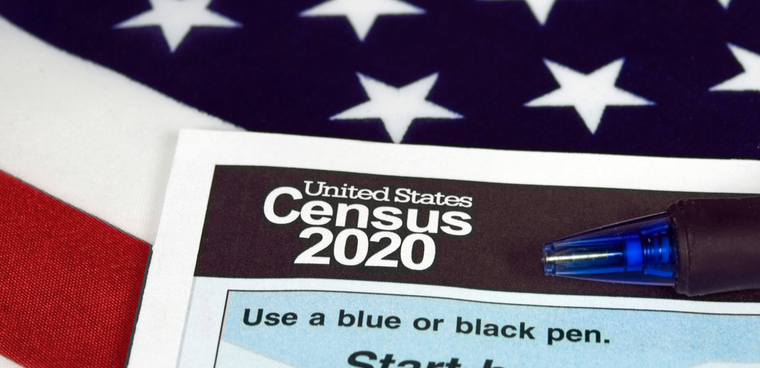House plans $1B bump for Census over White House request
A former Census director told FCW that the bureau appears to be "in pretty good shape right now" when it comes to funding.

House appropriators are pushing funding levels for the Census Bureau more than $1 billion over what the White House originally proposed for fiscal year 2019.
As Census preps for the 2020 population count, a House bill would provide $4.8 billion for the bureau -- including nearly $4.53 billion for its periodic programs, which includes decennial funding -- in fiscal year 2019, made available until September 2021.
In February, the White House requested $3.2 billion for decennial programs, and in his revised lifecycle cost estimate, Commerce Secretary Wilbur Ross asked for almost $3.5 billion for decennial programs -- a base of more than $3.1 billion plus a contingency of $314 million.
Census stakeholders outside of government have called for a fiscal year 2019 budget of $4.7 billion for the bureau, with $4.4 tagged for periodic programs.
The bill includes some handcuffs about where that money can be spent. For one, "not more than 50 percent" of the funds can go to IT related to the 2020 census.
The figure pushed by appropriators "represents a bi-partisan recognition that the Administration's request fell far short of what’s needed for the 2020 Census ramp-up," said Phil Sparks, co-director of the Census Project.
Terri Ann Lowenthal, who has provided census oversight as a congressional aide, presidential transition team member and private consultant on decennials dating back to the 1990 count, said the legislative language about IT systems "represents continued congressional concern about IT system readiness and security."
The fiscal year 2019 money would go to fund a range of critical preparation activities before Census enters its main event -- namely supporting its partnership and communications programs, hiring more boots on the ground and making sure IT systems appropriately scale and are adequately protected.
Given the $2.8 billion allocated for the bureau in fiscal year 2018, with more than $2.5 billion going to periodic programs, former Director John Thompson said, “the bureau's in pretty good shape right now, I think" as far as funding goes.
Since the White House released its budget proposal for fiscal year 2019, Ross announced the bureau would reinstate a question on citizenship to the 2020 forms -- a move census experts believe will decrease response rate and, in turn, increase costs.
Speaking at the National Press Club May 14, Ross said of the citizenship question, which has been blasted by census advisers and advocacy groups, "I don’t think the sky will fall when we add it to the census itself in 2020."
He pointed to the importance of the advertising and partnership programs to make sure respondents know "there is no risk their data will be used for immigration or any other purpose other than compiling regular census statistics."
However, members of Congress have been unsatisfied with the transparency of the Departments of Commerce and Justice regarding the reinstatement of the question.
DOJ Civil Rights Division head John Gore, the political appointee reportedly behind the push to add the question, skipped a congressional hearing May 8 and has been subpoenaed by House Oversight and Government Reform Committee Chair Trey Gowdy (R-S.C.) to appear before the committee May 18.
All Democrats on the committee wrote Gowdy May 15, requesting he subpoena DOJ to provide documents relating to the request by May 17 so members "can have the benefit of reviewing these documents prior to" the hearing.





